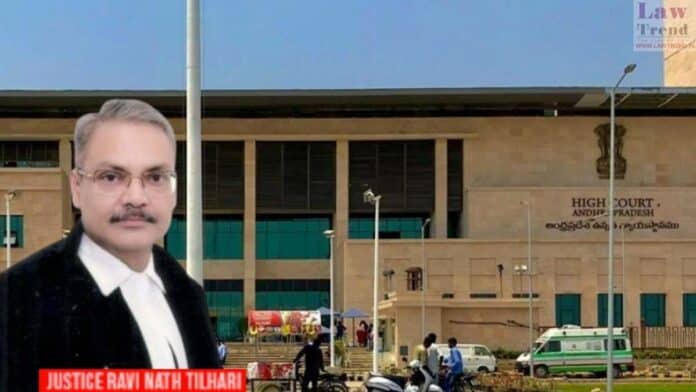The Andhra Pradesh High Court, in a significant ruling, has held that the Limitation Act, 1963, does not apply to appeals filed under Section 70 of the Chit Funds Act, 1982. The judgment was pronounced by Justice Ravi Nath Tilhari in Writ Petition No. 28392 of 2024, filed by Atmakuru Nirmalamma against the State of
To Read More Please Subscribe to VIP Membership for Unlimited Access to All the Articles, Download Available Copies of Judgments/Order, Acess to Central/State Bare Acts, Advertisement Free Content, Access to More than 4000 Legal Drafts( Readymade Editable Formats of Suits, Petitions, Writs, Legal Notices, Divorce Petitions, 138 Notices, Bail Applications etc.) in Hindi and English.




